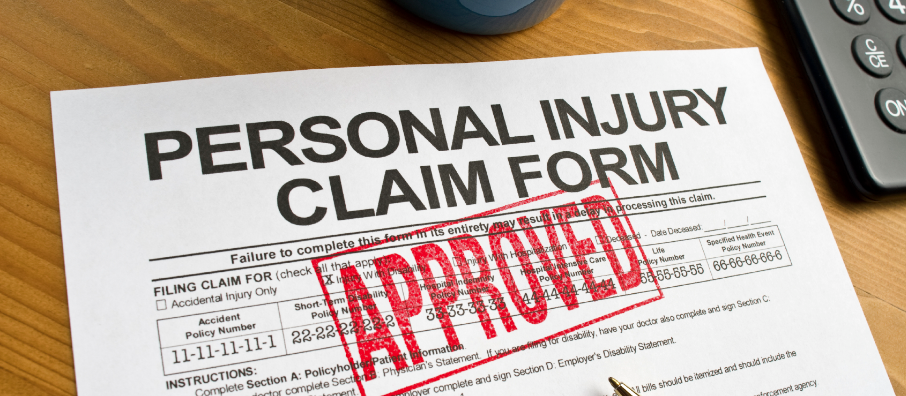
If you have already read the first part of this article, you have a basic understanding of what personal injury protection insurance is, and what it may cover. In this second part of the article, we are going to discuss some additional points which may be helpful as you look for a policy. Let’s get to it!
What About Medical Insurance?
While reading about how Personal Injury Protection can step in to handle medical costs like hospital bills and operations, you may be wondering where medical insurance fits into this equation. Doesn’t your medical insurance cover you if you wind up in the hospital after a car accident? Well, the answer is a bit complicated.
It is true that your standard medical insurance could cover many of your medical costs, but that isn’t the whole story. For instance, if you wind up missing work and losing out on wages, your medical insurance isn’t going to provide any benefit on that front. In that case, PIP could provide you with a valuable benefit in terms of replacing wages that have been lost. Also, in states where PIP coverage is required for drivers, your claim will need to start there before it can move on to your medical insurance policy. The details of how coverage will work varies from state to state, but PIP and medical insurance are not mutually exclusive.
How Are Claims Filed?
You’ll need to file a claim on your PIP policy just like you would file any type of insurance claim. That might mean placing a phone call, or it might mean filling out a form online. As always, following instructions and providing complete and honest information is crucial if you are going to reach a satisfactory outcome. If you were to wait too long to seek medical attention, for example, you might wind up missing out on coverage (or, at least, you may have a harder time getting your bills paid). Be in close communication with your insurance company as soon as you are injured in an accident to make sure your coverage comes through like expected.
Other Car Insurance Plays a Role
Imagine a situation where you are injured in a car accident and the other driver is at fault. That driver has a liability insurance policy (as is required by law), and you also hold a PIP policy for yourself. In such a case, the usual order of events is that you would use your own policy to pay your bills until you reach the limit of that policy. From there, you may be able to file a claim on the other driver’s policy.
Ultimately, you will need to assess your personal situation to decide whether or not PIP is a good fit. Of course, if you live in a state that requires you to hold such a policy, there is nothing to think about – you’ll simply need to have it in place as part of the standard coverage you carry. Even if you don’t live somewhere that PIP is required, it is certainly worth consideration given the benefits and peace of mind that it offers.

